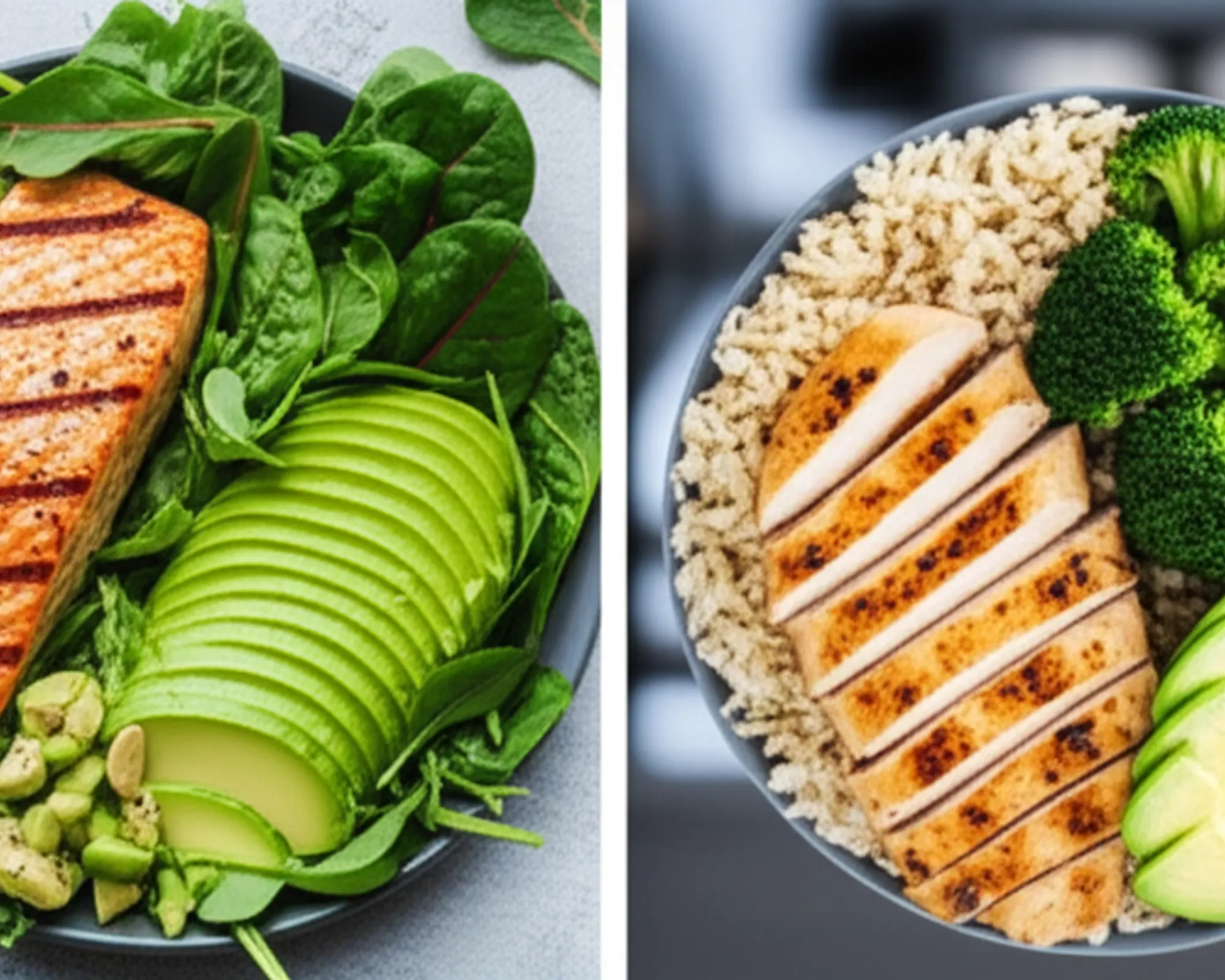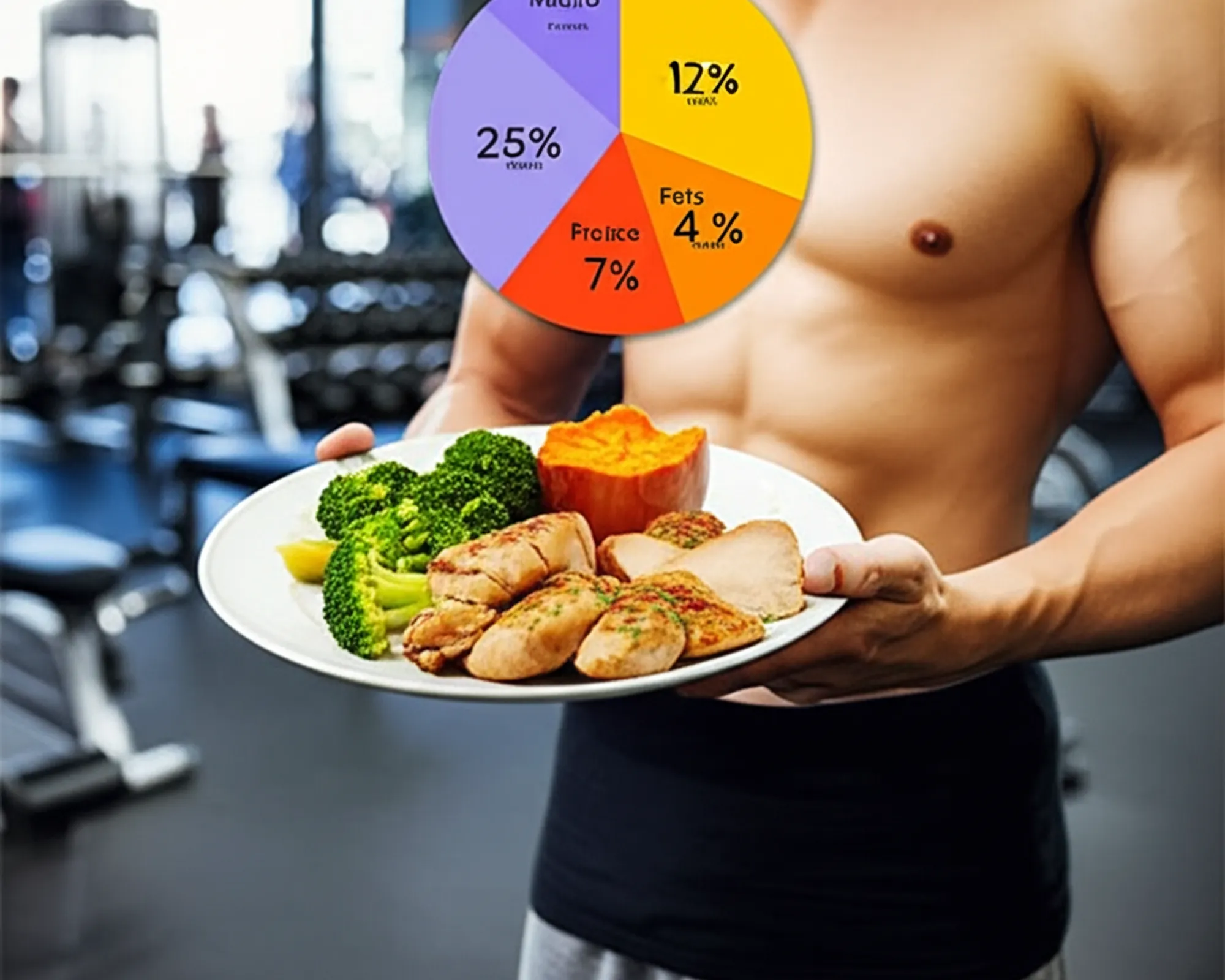What to Eat After the Gym for Muscle Recovery

You’ve just crushed a workout. Whether lifting heavy, sprinting hard, or pushing through an intense cardio session, your body has undergone significant stress. While the workout itself is crucial for building strength and endurance, what you do immediately after leaving the gym is arguably just as important for optimizing your results. We're talking about post-workout nutrition – the unsung hero of muscle recovery and growth.
Many people focus solely on what they do inside the gym, neglecting the critical window of opportunity that opens up as soon as they step out. Without proper fuel after your training, you're short-changing your efforts, risking slower recovery, impaired muscle growth, and even increased fatigue for your next session. Your muscles are depleted, slightly damaged, and crying out for raw materials to rebuild stronger than before.
The primary goals of post-workout nutrition are twofold: to replenish glycogen stores (your body's primary energy source, depleted during exercise) and to provide the necessary amino acids to repair and rebuild muscle protein. Achieving these goals efficiently sets you up for faster recovery, reduced muscle soreness, enhanced performance, and optimal muscle growth.
Understanding the "Anabolic Window"
For years, the concept of the "anabolic window" – a narrow 30-60 minute period immediately after exercise – dominated fitness advice. While research has evolved and shown that this window might extend for several hours, it doesn't diminish the importance of prompt post-exercise nutrition. Getting the right nutrients within a reasonable timeframe (ideally within 1-2 hours) is highly beneficial. Your body is primed to absorb nutrients efficiently during this period, making it an ideal time to kickstart the recovery process.
The Powerhouse Macronutrients for Recovery
1. Protein: The Building Block of Muscle
Protein is non-negotiable for muscle recovery and growth. Exercise increases muscle protein breakdown. Consuming protein post-workout provides the amino acids needed to repair damaged muscle fibers and synthesize new ones – a process called muscle protein synthesis (MPS), crucial for strength and adaptation.
How Much Protein?
Aim for 20-40 grams of high-quality protein post-workout to maximally stimulate MPS.
Best Protein Sources:
- Whey Protein: Fast-digesting.
- Chicken Breast, Fish, Lean Beef: Excellent whole-food options.
- Eggs, Greek Yogurt, Cottage Cheese: Versatile dairy and egg sources.
- Legumes: For plant-based diets, combine for complete protein.
2. Carbohydrates: Replenishing Energy Stores
Carbohydrates are your body's primary energy source. Intense exercise rapidly depletes muscle glycogen stores. Replenishing these is crucial for preventing performance drops in subsequent workouts and for sparing protein for muscle-building.
How Many Carbs?
Aim for around 0.5-0.7 grams per pound of body weight (1.1-1.5 grams per kg), depending on workout intensity.
Best Carbohydrate Sources:
- Sweet Potatoes, Rice, Oats: Complex carbohydrates for sustained energy.
- Whole-Wheat Bread/Pasta: Good sources of complex carbs.
- Fruits (Bananas, Berries): Provide simple sugars for quick energy and antioxidants.
- Quinoa: A complete protein and complex carbohydrate.
3. Healthy Fats: The Supporting Role
While protein and carbohydrates are paramount immediately post-workout, healthy fats play a crucial supporting role in overall health and long-term recovery. Avoid large amounts directly after a workout as they can slow digestion. Integrate them into your broader daily diet for hormone production, nutrient absorption, and inflammation reduction.
Sources of Healthy Fats:
- Avocado, Nuts and Seeds, Olive Oil, Fatty Fish.
Hydration: Don't Forget to Drink Up!
You lose significant fluid through sweat during exercise, leading to dehydration, which impairs recovery and performance. Water is essential for nutrient transport and metabolic processes. Rehydrate with water and, for longer or very intense sessions, consider an electrolyte-rich drink to replenish lost sodium and potassium.
Consistently drinking water throughout the day and increasing intake post-workout is a solid strategy.
Optimal Timing for Your Post-Workout Meal
Aim to consume your post-workout meal or shake within 1-2 hours after finishing. If you trained fasted, aim for the earlier side (30-60 minutes). If you had a pre-workout meal, you have more flexibility. Consistency is key; make post-workout nutrition a regular part of your routine to support continuous recovery and growth.
Top Post-Workout Meal Combinations
Here are some effective and delicious post-workout meal ideas combining protein and carbohydrates:
- Grilled Chicken Breast with Sweet Potato and Steamed Broccoli: Classic, lean protein, complex carbs, essential vitamins.
- Greek Yogurt with Berries and Granola: Quick, easy, packed with protein and antioxidants.
- Protein Smoothie: Blend whey protein powder with a banana, spinach, almond milk, and peanut butter.
- Scrambled Eggs on Whole-Wheat Toast with Avocado: Hearty, balanced, with protein, complex carbs, and healthy fats.
- Quinoa Bowl with Black Beans, Corn, and Salsa (add lean ground turkey): Complete protein and complex carbs.
- Tuna Salad Sandwich on Whole-Wheat Bread: Lean protein, complex carbs, healthy fats.
A Quick Word on Supplements
While whole foods are foundational, supplements can complement your post-workout nutrition.
- Whey Protein: Excellent for rapid protein delivery.
- Creatine Monohydrate: Enhances strength, power, and muscle mass with consistent daily intake.
- Branched-Chain Amino Acids (BCAAs): Likely not necessary if consuming enough high-quality protein from whole foods.
Supplements are meant to supplement, not replace, a well-balanced diet. Prioritize whole foods first.
Conclusion: Consistency is Key
What you eat after the gym is crucial for optimal muscle repair, growth, and preparation for your next training session. By consistently providing your body with a balanced intake of high-quality protein, adequate carbohydrates, and sufficient hydration, you'll accelerate recovery, reduce soreness, and achieve your fitness goals more effectively.
Make post-workout nutrition a non-negotiable part of your fitness routine. Listen to your body, experiment with different food combinations, and find what works best for you. Fueling your body smartly after your hard work ensures that every drop of sweat counts, turning your efforts in the gym into real, tangible results.


